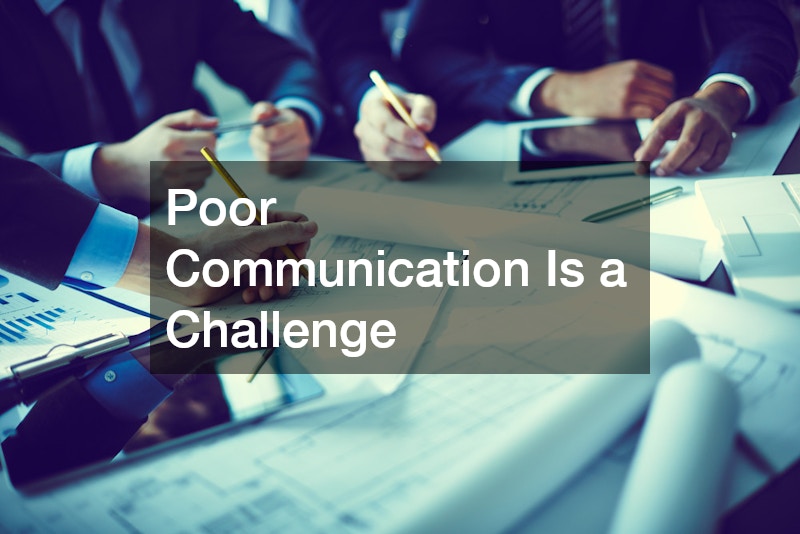Project management is the structured process of planning, organizing, and overseeing work to achieve specific goals within defined timeframes and budgets. It’s not just about getting tasks done—it’s about delivering results that meet or exceed expectations while efficiently using resources. Whether in construction, IT, marketing, or nonprofit work, project management helps teams work systematically toward a shared objective.
The Core Purpose of Project Management
At its heart, project management exists to bring clarity, direction, and coordination to complex efforts. Instead of tackling tasks in an unorganized way, a project manager ensures that everyone involved understands the goals, their responsibilities, the timeline, and how success will be measured.
This approach minimizes confusion, reduces wasted effort, and ensures that projects align with broader organizational strategies. It’s about turning an idea or need into a completed outcome through a structured process.
Key Elements of Project Management
Every project, regardless of size, shares certain essential components:
Objectives – Clearly defined goals that the project aims to achieve.
Scope – The boundaries of what’s included (and excluded) in the project.
Resources – People, tools, materials, and budget needed to complete the work.
Timeline – A schedule with milestones and deadlines.
Stakeholders – Individuals or groups who have an interest in the project’s outcome.
Without clearly identifying these elements from the start, projects are more likely to encounter scope creep, missed deadlines, or budget overruns.
The Project Management Process
While methods may vary across industries, most project management approaches follow a similar life cycle:
1. Initiation
The project begins with defining its purpose, goals, and feasibility. This stage often includes business cases, risk assessments, and stakeholder approvals.
2. Planning
A detailed plan outlines how the project will be completed. This includes scheduling, resource allocation, cost estimates, communication strategies, and risk management plans.
3. Execution
Teams carry out the planned tasks, guided by the project manager to maintain quality, timing, and budget control. Effective leadership here ensures collaboration and problem-solving.
4. Monitoring and Controlling
Throughout execution, the project’s progress is tracked against the plan. Adjustments are made as needed to address delays, cost changes, or shifting requirements.
5. Closing
The project wraps up with a final deliverable, client or stakeholder sign-off, and a review to capture lessons learned for future projects.
Skills of an Effective Project Manager
Successful project managers balance technical skills with interpersonal abilities. Key skills include:
Leadership – Motivating and guiding teams toward shared goals.
Communication – Ensuring information flows clearly among stakeholders.
Organization – Keeping tasks, deadlines, and documents in order.
Problem-Solving – Addressing challenges quickly and creatively.
Budget Management – Tracking costs and preventing overruns.
These skills help keep the project on track and maintain trust among team members and stakeholders.
Common Project Management Methodologies
Different industries and organizations use different frameworks to manage projects. Some of the most common include:
Waterfall – A linear, step-by-step approach ideal for projects with fixed requirements.
Agile – Flexible, iterative processes often used in software development to adapt quickly to changes.
Scrum – A type of Agile method with short, focused “sprints” for delivering incremental results.
Kanban – A visual system for managing workflow and identifying bottlenecks.
Choosing the right methodology depends on the project’s goals, complexity, and need for flexibility.
Why Project Management Matters
Without structured project management, teams can waste time, overspend, and fail to meet objectives. Effective project management:
Improves efficiency by aligning resources with priorities.
Reduces risk through careful planning and monitoring.
Enhances communication among team members and stakeholders.
Increases the likelihood of delivering quality results on time and within budget.
For organizations, strong project management is an investment that leads to better outcomes, greater client satisfaction, and stronger competitive positioning.
Challenges in Project Management
Even with the best planning, projects can face obstacles:
Scope Creep – When new tasks or requirements are added without adjusting time or budget.
Resource Constraints – Limited staff, tools, or funds can slow progress.
Poor Communication – Misunderstandings can cause delays and errors.
Unforeseen Risks – Market changes, supply chain issues, or emergencies can disrupt plans.
Proactive risk management, flexibility, and clear communication help project managers address these challenges effectively.
The Evolving Role of Project Management
With technology and work cultures evolving, project management is also changing. Digital tools like Trello, Asana, or Microsoft Project allow teams to collaborate in real time, even remotely. Data analytics now play a bigger role in predicting project performance, while sustainability and social impact considerations are influencing how projects are planned and executed.
Project management is much more than keeping track of deadlines—it’s about guiding an idea from concept to completion with efficiency, precision, and collaboration. Whether you’re leading a small team or overseeing a large-scale build, understanding the principles and processes of project management can make the difference between a project that struggles and one that succeeds.





